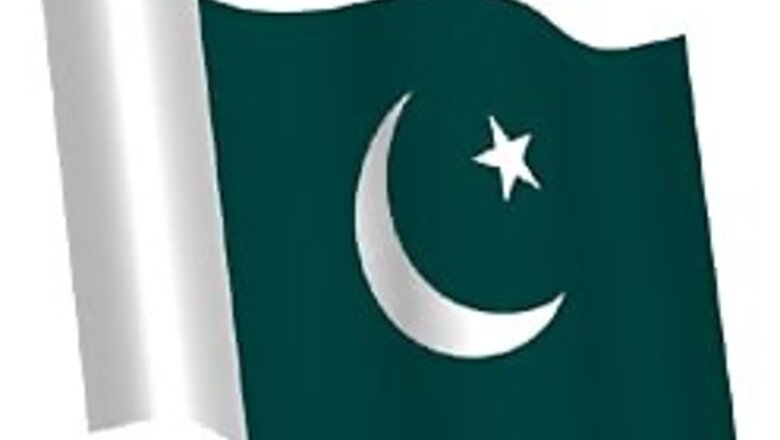
views
Islamabad, Pakistan: Pakistan has sought help from the International Monetary Fund (IMF) to avoid a possible economic meltdown brought on by high fuel prices, dwindling foreign investment and soaring militant violence.
Pakistani officials had previously said turning to the IMF to avoid defaulting on billions of dollars of sovereign debt due in the coming months would be a last resort.
Aid from the agency often comes with conditions such as cutting public spending that can affect programs for the poor, making it a politically tough choice for governments.
In a statement on Wednesday, the IMF said Pakistan had requested help "to meet the balance of payments difficulties the country is experiencing."
It said that the amount of money requested by Pakistan had yet to be determined and that talks on the loan package would begin in a few days.
Pakistani economists say up to $5 billion is needed to avoid defaulting on sovereign debt due for repayment next year, but that $8 billion more may be needed overall.
The country has also asked for loans from wealthy nations and multilateral agencies such as the World Bank. Analysts say that the country will probably get that help also because of its front-line status in the war on terror.
Any default would further shatter local and international confidence in the government and the economy at a time of intense fighting against al-Qaida and Taliban militants near the Afghan border.
High oil prices and dwindling investment from overseas have triggered a balance of payments crisis that is undermining the Pakistani rupee. The country is also battered by high inflation and chronic power shortages.
The total amount of foreign currency in Pakistani banks has fallen by more than half since last year and currently stands at $7.75 billion.
Leading Pakistani economist Qaiser Bengali said that the country had no choice but to ask the IMF for help. He said the agency should condition any assistance on spending cuts in defense and the civil service — two areas he said were currently over funded — and spare programs that boost the economy.
"We are like a factory that spends more than its revenues on the head office and on security guards and there is no money left for spare parts and raw materials," he said of Pakistan. "That kind of factory is certain to shut down."
Through much of its history, Pakistan has struggled with chronic economic instability and has several times turned to the IMF for assistance, but the current crisis comes at an especially dangerous time.
Militants sheltering along the border region with Afghanistan are blamed for rising violence in that country as well as a string of bloody attacks at home. Osama bin Laden and other top al-Qaida leaders are thought to be hiding in the frontier region.

















Comments
0 comment